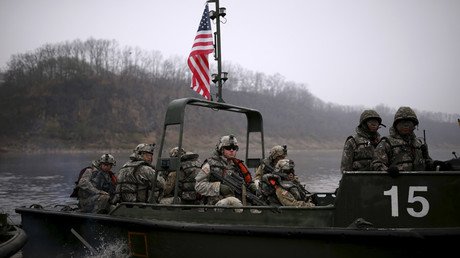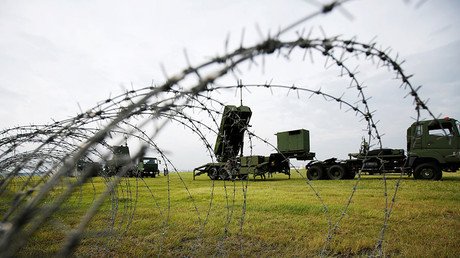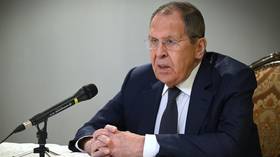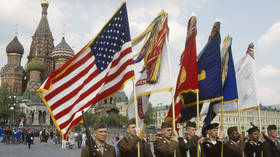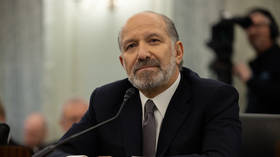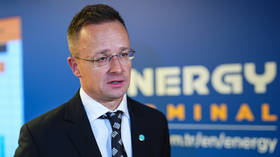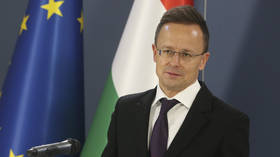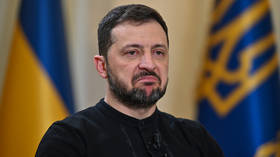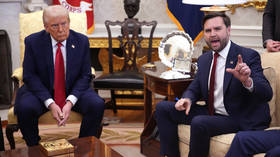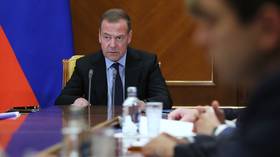N. Korea’s behavior is ‘global threat’ & requires global response, including from NATO – Stoltenberg
North Korea’s “reckless behavior” is a “global threat” which requires a global response, including from NATO, alliance head Jens Stoltenberg said a week after Pyongyang claimed to have successfully tested an H-bomb.
“The reckless behavior of North Korea is a global threat and requires a global response and that of course also includes NATO,” Stoltenberg said in a BBC interview, as cited by Reuters.
Stoltenberg stated that NATO is “totally focused on how we [the alliance] can contribute to a peaceful solution of the conflict.”
READ MORE: Japanese jet fighters & US bombers conduct war games over East China Sea
Stoltenberg, however, declined to comment on whether the US territory of Guam in the Pacific, located 3,200km from North Korea, was covered by NATO’s Article 5.
Article 5 of the NATO Treaty states that if an ally “is the victim of an armed attack, each and every other member of the Alliance will consider this act of violence as an armed attack against all members and will take the actions it deems necessary to assist the Ally attacked.”
Earlier in August, amid spiraling tensions, Pyongyang said that it was working on a plan to launch a medium-range ballistic missile at the US base in Guam. US President Donald Trump responded that North Korea “will be met with fire and fury like the world has never seen.”
The situation on the Korean Peninsula was further aggravated after Pyongyang claimed that it had successfully tested a hydrogen bomb which can be mounted on an Intercontinental Ballistic Missile (ICBM).
In response, South Korea and the US reportedly began discussions on the deployment of an aircraft carrier and strategic bombers in the region.
Seoul also immediately held live-fire naval drills involving guided-missile vessels and aimed at preparing to “hit back and bury” the enemy in case of provocation. The drills saw a 2,500-ton Gangwon frigate, a 1,000-ton patrol ship, 400-ton guided-missile vessels, and 130-ton high-speed boats maneuvering in the Sea of Japan (called the East Sea by South Korea).
In its harshest response to North Korea’s nuclear test, the US warned that it is ready to use the “full range” of capabilities at its disposal and might resort to using its nuclear arsenal against North Korea if it continues to threaten the US or its allies.
On Saturday, Japanese jet fighters and US bombers conducted war games over the East China Sea.
Russia has repeatedly stated that that it is important to prevent chaos on the Korean Peninsula and called for a diplomatic solution to the crisis. Earlier this week, Russian President Vladimir Putin stated that the examples of Iraq and Libya have convinced the North Korean leadership that only nuclear deterrence can protect them, so no sanctions can dissuade them.
“Ramping up military hysteria in such conditions is senseless; it’s a dead end,” he added. “It could lead to a global, planetary catastrophe and a huge loss of human life. There is no other way to solve the North Korean nuclear issue, save that of peaceful dialogue,” he said.
Together with Beijing, Moscow has long proposed a double-freeze plan, in which Pyongyang suspends its nuclear and ballistic missile tests in exchange for a halt in joint US-South Korea military drills. Washington has rejected the proposal, saying that it has every right to conduct exercises with its ally, South Korea.
